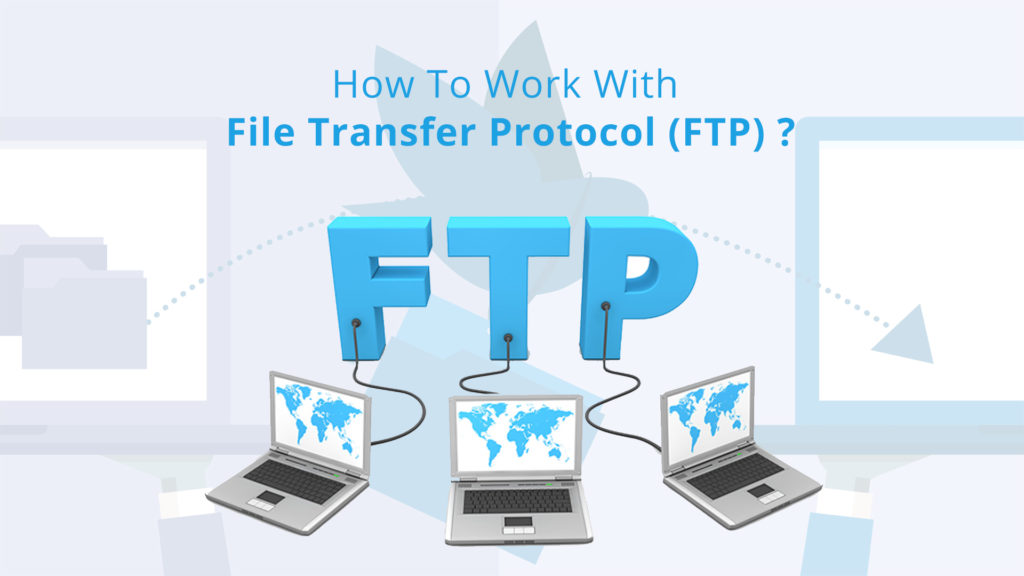Captcha proxies are designed to help you avoid getting constantly recurring check-ups if you are not a robot.
Every once in a while, anybody can get such a check-up where you must confirm you are a human. It’s not a big deal, usually. However, if you are doing something that requires efficient use of time, any straying off the course can be detrimental.
That applies even more so when you are using automation tools that get entangled in captchas and can’t bypass them by themselves. Although certain more advanced bots can confirm they are not robots, most of them can’t.
Let’s take a look at what these check-ups are and how captcha proxies can help to get rid of them.
Table of Contents
What is a captcha?
The word “captcha” deciphers as a Completely Automated Public Turing test to tell Computers and Humans Apart. As you might know, the Turing test was created by Alan Turing in the middle of the last century to test if you can develop artificial intelligence that could be indistinguishable from human behavior by its textual responses.
In the case of captcha, this test is used for the opposite purpose. Namely, to guarantee that certain actions on the internet are done by an actual person and not by an automatically functioning computer. In other words, it’s meant to stop non-human traffic online.
If you have faced this check-up, you know that it usually consists of multiple pictures, among which you must choose the one that displays certain things asked in the question. Or it can consist of letters or numbers that can’t be scanned from the picture and must be written manually for confirmation.
Sometimes it’s too ambiguous, and even humans can’t bypass it straight away, having to complete the task a few times in a row.
Why does it occur?
Now it’s obvious that the captcha occurs more frequently when you are doing something that raises doubts about whether your actions are manual or automatic.
If you send too many requests to a particular site and exceed the limit that is allowed by it, you end up getting to fill in a captcha check-up. The same happens if your requests are extraordinarily fast to the point that it doesn’t seem normal human behavior. Even if you are human and do everything on your own.
These check-ups are especially damaging and annoying when you are using bots because they satisfy both criteria for being suspicious. They are way faster than regular internet users and they also send multiple requests to target servers in a small duration of time. Most sites are against the advantages of automation and try to stop bot traffic.
If you are harvesting data in huge amounts and sending many requests by using bots or acting very fast on your own, you might end up in this check-up more often than previously. Using some extensions on your browser can cause it too.
This issue can cost much if you are trying to purchase something that lots of customers are seeking to buy while there are only a few items left in stock. A good example is sneaker copping when a limited edition is brought to the market.
If you are trying to refresh the page too often before seeing a new pair for sale, you will certainly get checked for being too persistent. More so if you are using bots for doing that for you and getting the purchase done in an instant before anyone else gets their hands on this merchandise. This way, you can lose not only valuable time but the very item you are trying to get.
Therefore, as much as captchas can be an annoying and time-consuming clog, they can be fatal to certain tasks. That’s where the captcha proxy becomes indispensable.
How do proxies solve the problem?
Monitoring the number of requests to the site is done by identifying a particular IP address and seeing how many requests have been sent from it. In the same way, you can track the speed between different requests and identify that there’s something odd.
In short, your IP address is responsible for identifying you and throwing a check-up on you. A proxy is an intermediary server that is used to hide your IP address. A captcha proxy is developed to do that to help you avoid those captchas.
When your IP is hidden and a new one is operating instead of your original address, you are accessing the site anonymously. Anonymity is granted by using different IP addresses that a proxy provider gives you. They can change over time, thus making your different requests look like coming from different users with different IP addresses.
If you are using bots, they are sharing your IP address. That’s an easy way to track them down and link with each other. When their abnormal speed and a multitude of requests are spotted, they can be drowned in endless captcha check-ups.
Captcha proxies can make your bots operate with different IP addresses. If all these frequently occurring requests come from different IPs, the chance to get a check-up for abnormal activity is way lesser.
By using different IP addresses, proxies eliminate all the reasons to get a captcha:
- The limit of allowed requests can’t be exceeded when these requests are not linked together and don’t seem like done by one user.
- The speed of bots can’t be accurately monitored when different portions of their actions are done with different IPs.
- For these reasons, the big number of requests by a bot in a short period can’t be accurately recorded and identified as too odd for a regular user.
Consequently, captcha proxies reduce the captcha confirmation requests to the minimum, allowing you to maintain your working pace and uninterrupted activity.
Wrapping-up
Captcha proxies make you anonymous and allow you to evade most of the captcha requests to confirm that you are not a robot. Using them is worth it, for they allow you to save up precious time and maintain your work uninterrupted.

